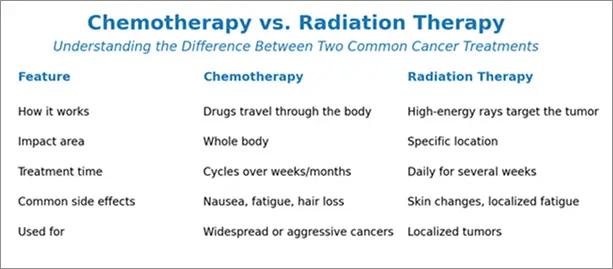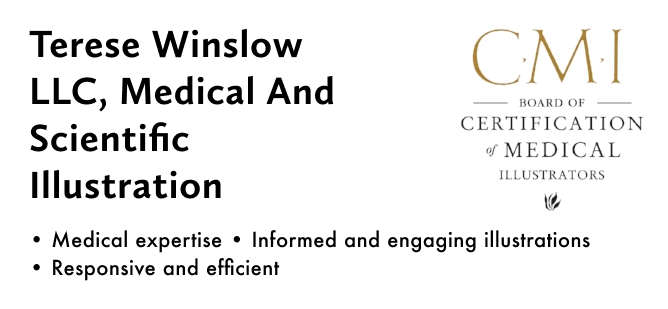 Take 10 Minutes. Take Back Control
Take 10 Minutes. Take Back Control
Welcome. We’re glad you are here. We know a cancer diagnosis is overwhelming. XpertPatient offers you personalized, easy-to-understand resources not available anywhere else.
Our unique website makes it easier to understand your or your loved one’s cancer diagnosis and what to expect. XpertPatient’s unprecedented treatment options tool offers a side-by-side comparison of FDA-approved treatments by cancer stage & type.
- Know What To Expect
- Find Help Paying For Care
- Decrease Stress & Anxiety
- Achieve Better Results
Learn From A Survivor Like You
Must See Resources


“I Wish I Knew” From Patients & Caregivers
Debra Bowler, Mom, Thriver. Stage 3 Lung Cancer: “XpertPatient takes that fear of the unknown away and explains things in simple language, exactly what you have, your treatment options, and what you can expect.”
Deb Bowler, Mom, Thriver, Stage 3 Lung Cancer Diagnosis.
Get Started Now“There is a lot of information out there. And not all of it is great. For stressed caregivers, it’s really hard.
But out of all of the sites I looked at, XpertPatient.com is the only site that really gave me hope”
"Out of all of the sites I looked at, XpertPatient.com is the only site that really gave me hope"
Get Started NowMyrna P. Mom, Grandma. Stage 2 Breast Cancer. “Thank you XpertPatient. XpertPatient was extremely helpful when trying to understand my diagnosis, the various test result reports. Also, preparing my treatment option questions for my oncologist and breast surgeon.”
Thank You XpertPatient. Very Helpful.
Get Started NowMost Viewed Pages
What Is Cancer
Cancer is a disease that occurs when cells in the body start growing uncontrollably or multiply when they shouldn’t. Normally your body replaces old or damaged cells with new ones when the body needs them but in cancer, this process breaks down, and abnormal cells don’t stop growing. Over time, these cancer cells can form tumors.
There are two main types of tumors or lumps of tissue:
- Benign tumors (not cancerous); they don’t spread to other areas.
- Malignant tumors (cancerous) can invade nearby tissues and spread to other parts of the body. This spreading process is called metastasis.
Many cancers form solid tumors, but cancers of the blood, such as leukemia, generally do not form tumors.
Cancer Diagnosis
A Cancer diagnosis can involve a physical exam, evaluating family medical history, imaging tests, a biopsy and other diagnostic tests to diagnose cancer.
- Physical Exam – Your doctor may examine your body for lumps, changes in skin color or enlargements of organs that might indicate cancer.
- Blood and Urine Test – These laboratory tests are performed to check the abnormalities caused by cancer.
- Biopsy – A biopsy is a procedure that involves removing a small piece of tissue to check for cancer cells and type of cancer.
- Imaging Tests – Imaging tests including CT scans, MRI, or ultrasounds are used to diagnose cancer and locate the cancer within the body.
- Endoscopy – A thin, flexible tube with a camera (called endoscope) inserted into the body to visualize the inner part of the body and to diagnose cancer.
Cancer Prognosis
A Cancer prognosis differs based on the stage of the cancer at diagnosis, the cancer type and the health of the patient. Early-stage cancer has a high survival rate. As the cancer advances, the chances of survival decrease because the cancer can spread to other parts of the body.
Stages of Cancer
In general, there are 5 different stages of cancer beginning with stage 0 which is the presence of abnormal cells but not cancer, to stage 4 which is when cancer cells spread to distant organs.
Staging is crucial in determining the right treatment plan and understanding your prognosis:
Stage 0 Cancer – Abnormal cells are present but not yet cancer. Called pre-cancerous (CIS).
Stage 1 Cancer – Early-stage of cancer. It is small, and perfect time to start cancer treatment
Stage 2 Cancer – Cancer cells are growing but not yet spread to nearby tissues or lymph nodes.
Stage 3 Cancer – Cancer has grown larger and has spread to nearby tissues and lymph nodes.
Stage 4 Cancer – Cancer has spread to distant organs and other parts of the body. (metastasized).
Cancer Treatment
Cancer treatment has come a long way. Understanding your cancer treatment options is the first step to taking control of your cancer journey. Today, there are more advanced and personalized cancer treatment options than ever before. Below are latest approved cancer treatments and what they do:
Surgery treatment for cancer- Removes cancer from the body. Often used when cancer is found early and hasn’t spread.
Radiation treatment for cancer – Uses high-energy rays to kill cancer cells or shrink tumors. It can be used before or after surgery or as a main treatment.
Chemotherapy for cancer treatment – Uses powerful drugs to kill fast-growing cancer cells. Often given in cycles and sometimes combined with other treatments.
Chemotherapy vs Radiation: What’s the Difference?
If you or a loved one has been diagnosed with cancer, you may be wondering: What’s the difference between chemotherapy and radiation therapy? Both are common cancer treatments, but they work in different ways and have different goals, side effects, and benefits.


Cancer Survival Rate  66%
66%

Hear From the Experts

Carolyn Ricci
Executive Director
Global Cancer Institute“XpertPatient is a critical resource delivering unbiased treatment information and discussion guides patients can use to have better conversations with their care providers; a critical step to achieving the best possible outcomes”.

Dr. Lenora Valdez
Medical Oncologist
National Institute of Oncology Jalisco“XpertPatient centralizes many high-quality and reputable information tools & resources. Making decisions about care can be overwhelming. XpertPatient simplifies things with a great visual layout for patients and their caregivers.”

Shari Rosenberg, CN-BA
Oncology Patient Services Manager
St. John’s Riverside Hospital“The “Compare My Treatment Options” tool is a wonderful resource for patients to better understand their options & have more informed discussions with their physicians.”

Lisa Richardson, MD, MPH
Director
CDC Divison of Cancer Prevention and Control (CDPC)Did You Know? “Research reveals that people who take an active role in their health have a greater feeling of control…and experience better health outcomes.”
























Financial Assistance For Cancer Patients
Access financial support from drug makers & non-profits.
Find Payment Help